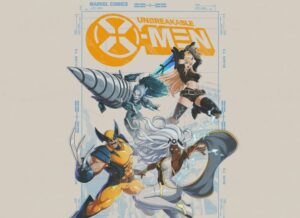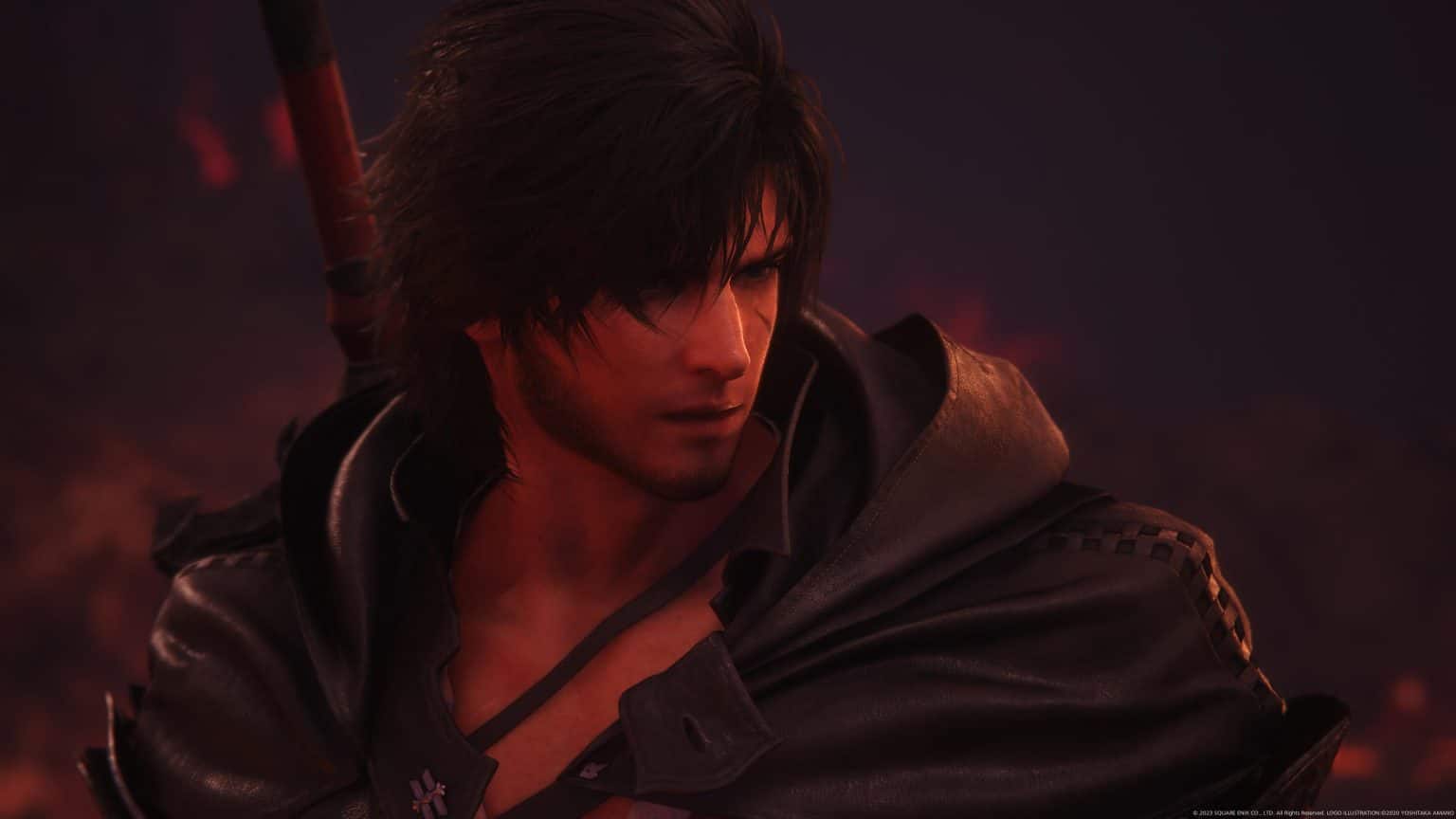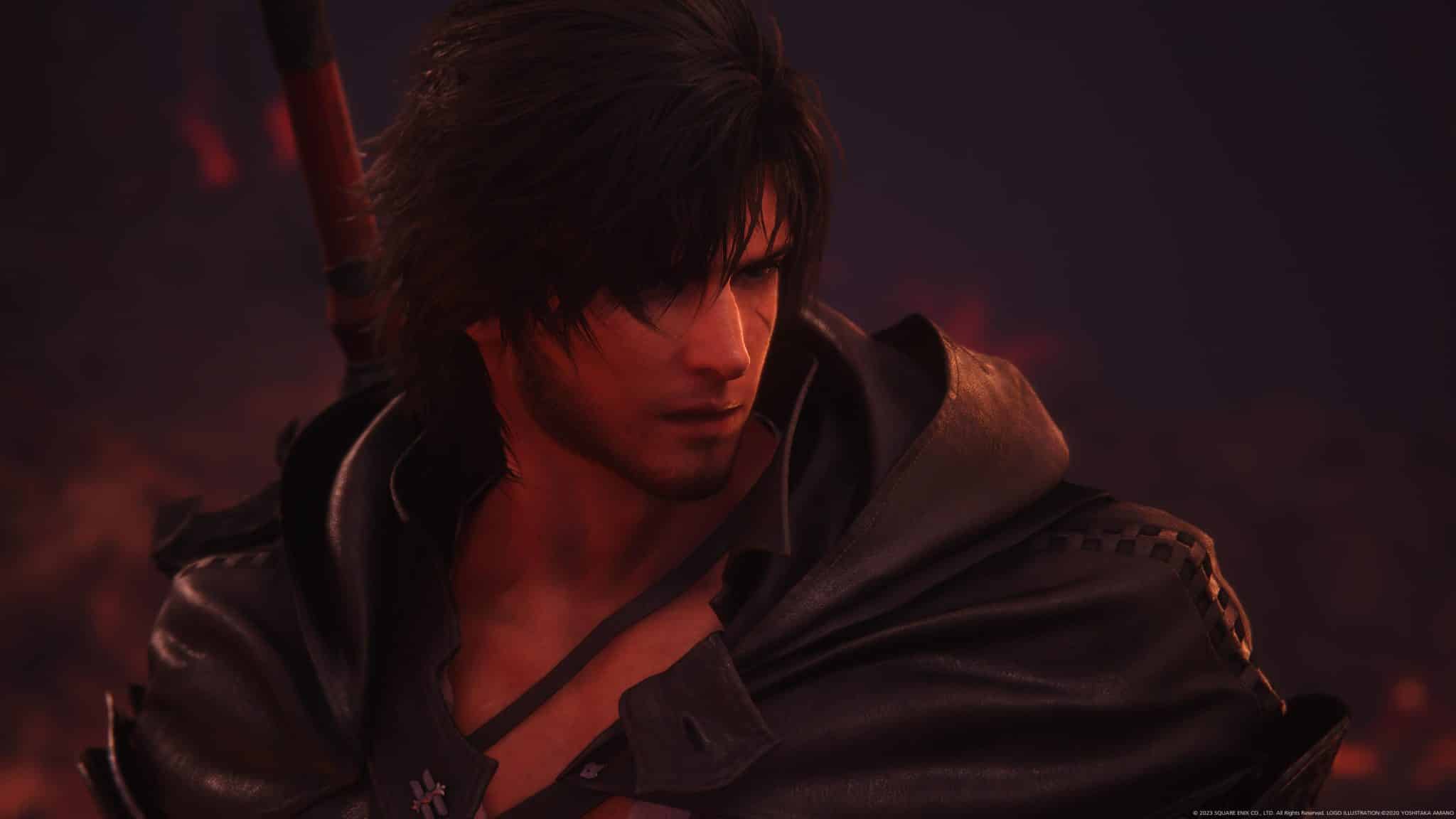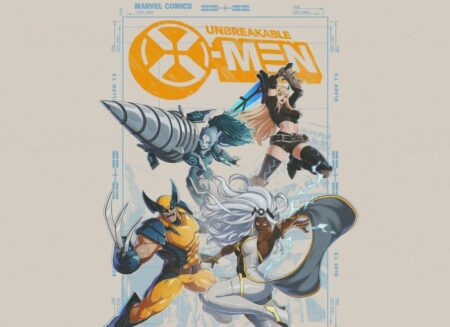Final Fantasy, one of the oldest franchises in the role-playing game genre, has seen many ups and downs in its 34-year history. With each numbered Final Fantasy game being distinct, it has been challenging for the company to bring anything new to the table with each numbered title.
Final Fantasy has become synonymous with breaking new ground in storytelling, gaming systems, and otherworldly soundtracks. With the sixteenth main-numbered title on the horizon, there have been numerous doubts about whether this is an actual Final Fantasy due to its various risky changes. Is Final Fantasy XVI a true Final Fantasy?
Final Fantasy XVI will explore the world through the eyes of Clive, as political factions in Valisthea are led by Dominants, individuals who may wield the godly powers of the Eikons. While it is clear that it was inspired by Game of Thrones primarily due to its violence, the plot has its own unique Final Fantasy flavor as it beautifully blends fantasy, realism, mythology, and philosophical ideas.
While the story is self-contained, it gave an unforgettable experience due to the well-written characters, plot, and discussion of relevant socio-political topics. The game’s art direction of returning to its medieval roots also blends well with how exceptional the graphics look.
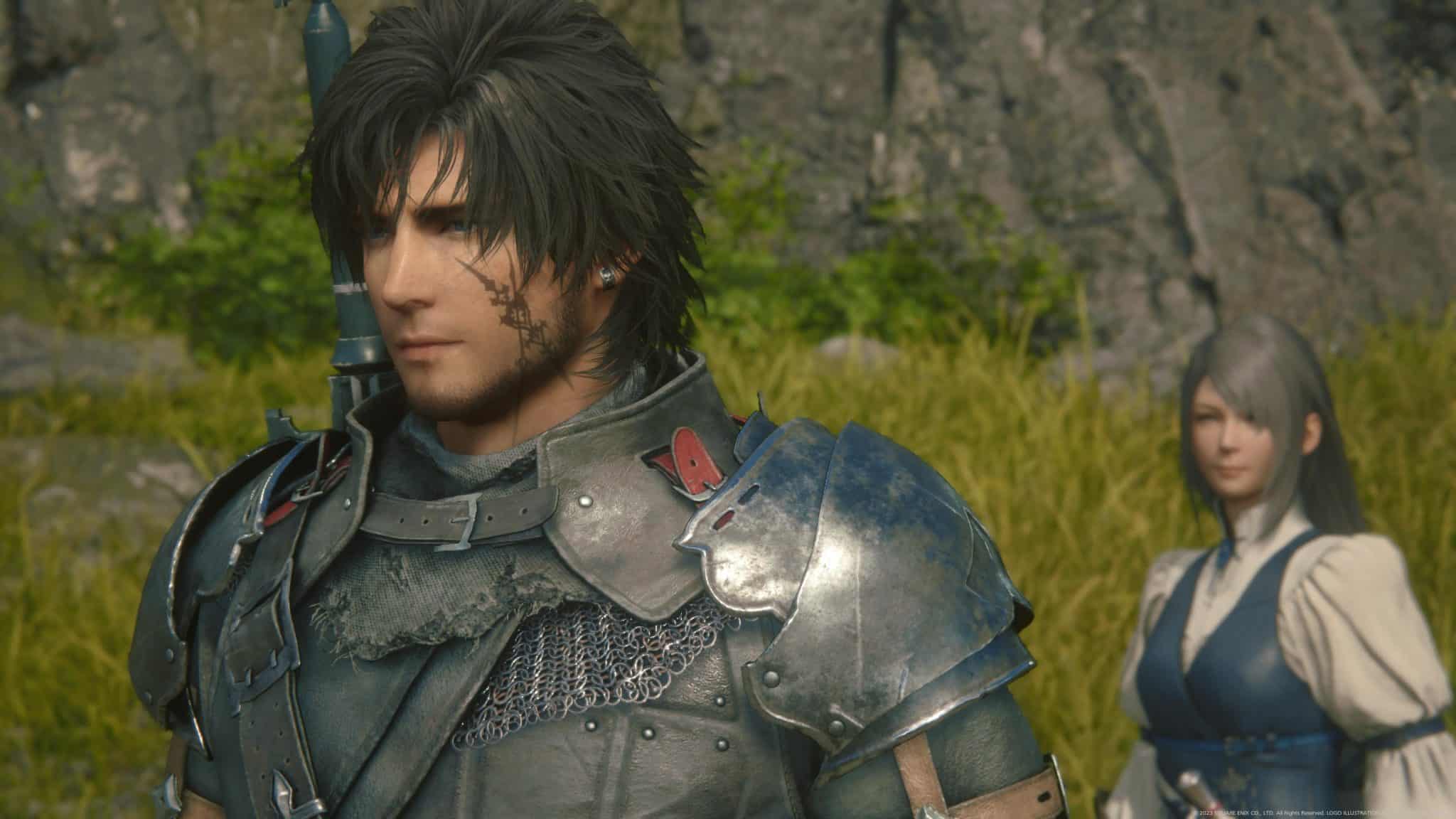
The sixteenth mainline title provided a complete and enthralling experience that tied up loose ends and did not require any DLC throughout our 40-hour-long main story, solving the narrative issue of some previous titles. While the questionable decision to switch from an open world to a more linear yet explorable world may have been made to expedite the production process, the various explorable locations do not seem as constrained as we are used to in some linear games.
Side quests felt as though they were meticulously created to provide variety and convey an overall feeling of how the game’s current story feels. Aside from the usual side quests, tons of playable content will be unlocked as you progress the game, such as Arcade mode and Final Fantasy mode, a New Game + mode that unlocks another flavor of difficulty to those who want the extra challenge.
It’s commendable how the developers added Active Time Lore to completely comprehend the story by providing tidbits of information during a scene. It’s only one press away during a cutscene and is a must-have for narrative-heavy games. The fascinating plot and breathtaking graphics are further enhanced by Masayoshi Soken’s great music, which ranges from orchestral to dubstep, displaying the team’s desire to experiment.
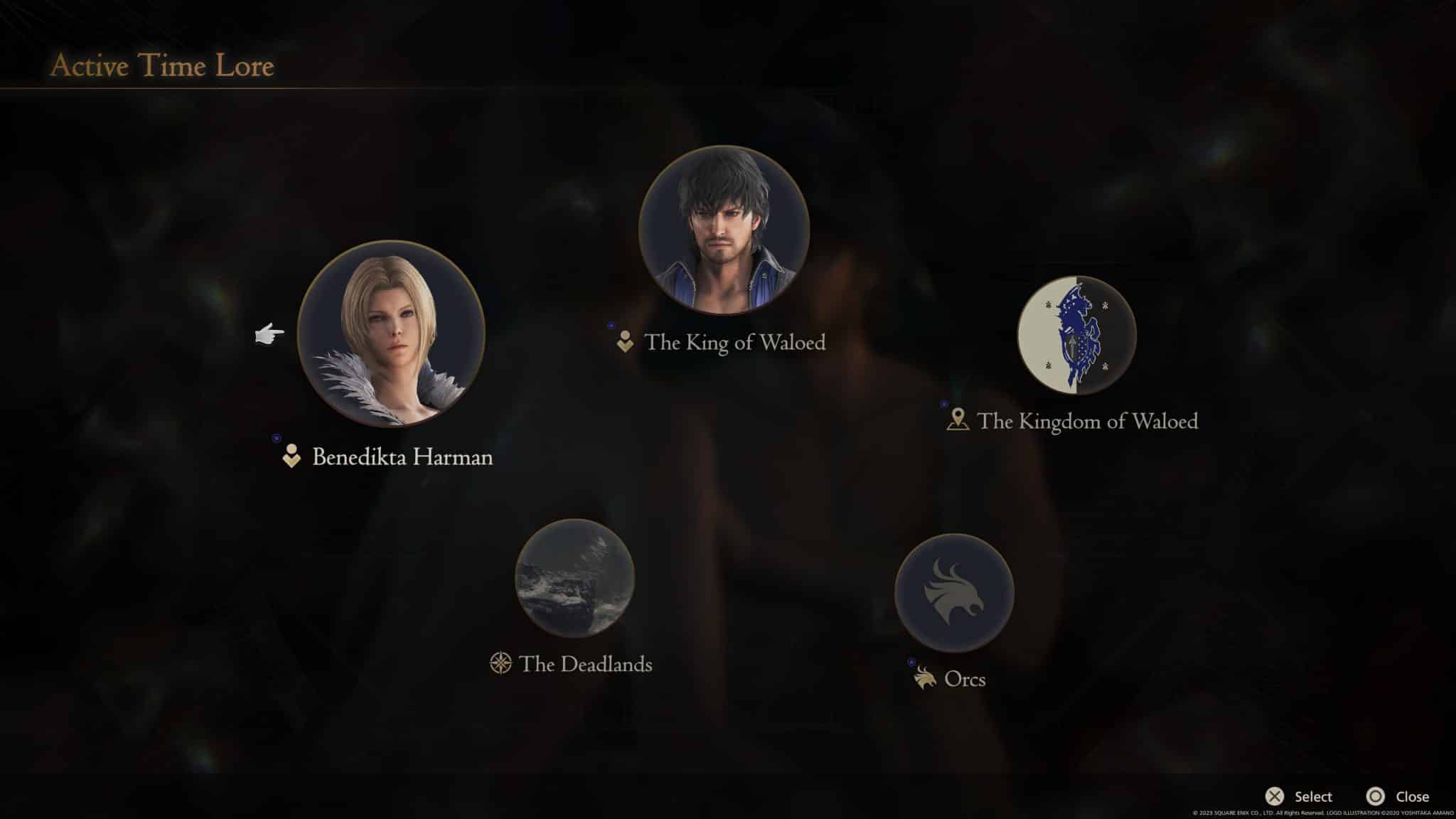
Being the first proper action RPG in the main numbered series, the risk has paid off due to how fun and innovative the combat mechanic feels. With the combat being highly customizable, it can be the most accessible game you can play. Still, it can also be the hardest one due to the decision to integrate the game difficulty with the in-game accessories.
It is clear that Final Fantasy 14’s battle system hugely influences some stages, yet they feel uniquely their own. Its fast-paced combat system is at the core of the game, and shifting Eikons mid-battle to perform skills like crowd control and dishing combos and AOE damage to difficult enemies added a strategic element to the game. The boss battles are memorable for us because they are all distinctively crafted; we found ourselves playing a shooting game at times and a fighting game at others, which is a significant departure from other Final Fantasy titles.
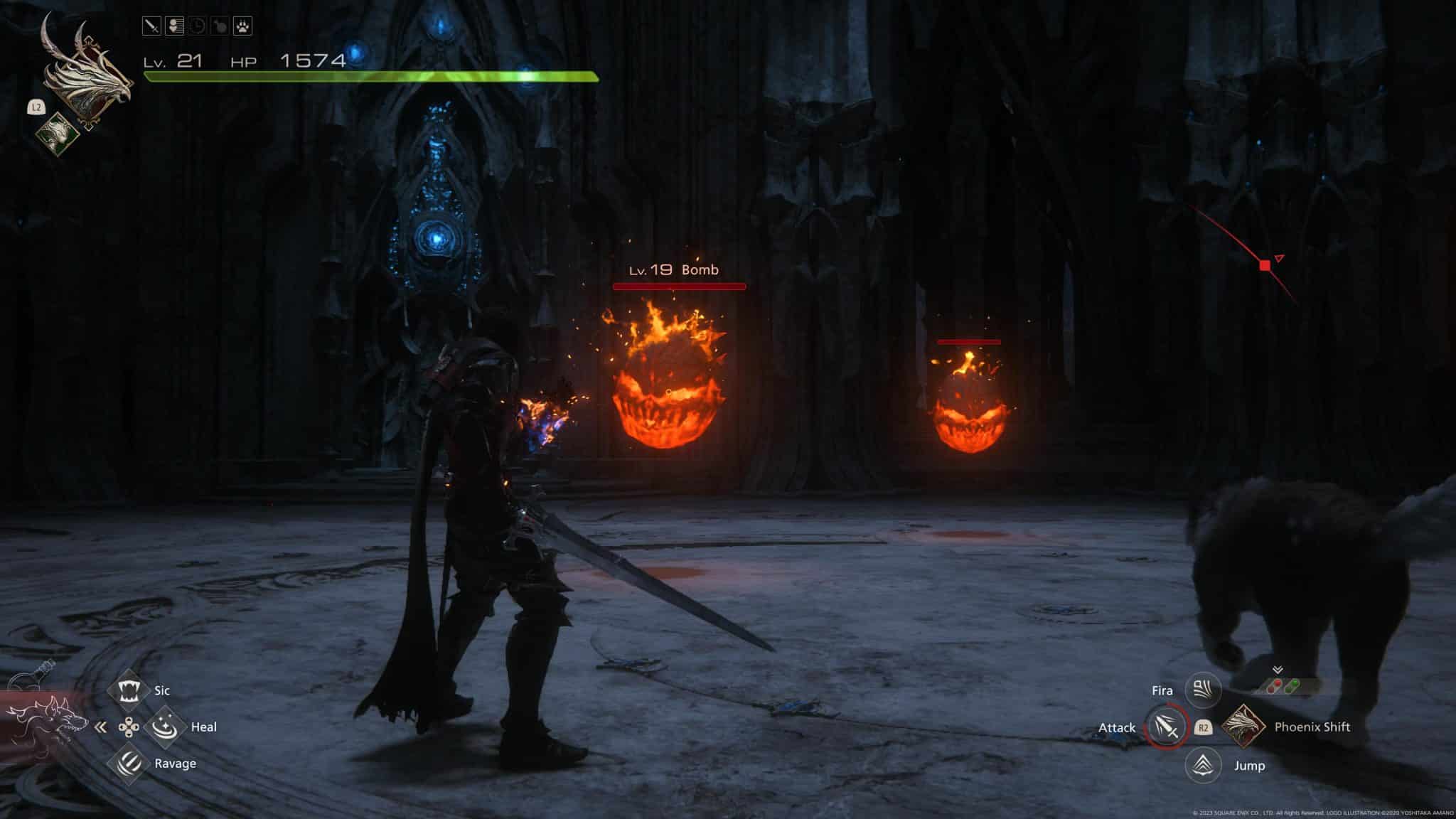
With the capabilities of the PS5, the game has a vibrant and realistic feel, making it one of the better-looking games of the era. Most of the game’s aspects are commendable; however, some fall short. Adaptable triggers feel gimmicky and add nothing to the game’s overall immersive sense. Although motion capture is evident in essential scenes, lip-syncing appears to be off in several minor scenes. A few minor frame drops while using Performance mode were also present in the current version of the game we were playing, and there is also no option to turn off the motion blur; both of which are to be addressed via the day one patch as promised by Square Enix’s team.
In the ever-evolving landscape of the Final Fantasy franchise, the question of whether Final Fantasy XVI is a true Final Fantasy arises. While each numbered entry has contributed distinct components and taken risks, Final Fantasy XVI has embraced change and pushed the boundaries of what an RPG can be. The entire essence of Final Fantasy resides in its ability to surprise, enthrall, and reinvent itself while faithfully maintaining its essential values of immersive storytelling, revolutionary gameplay, and compelling soundtracks.
Final Fantasy XVI may offer daring adjustments, but it is in this spirit of creativity that the genre flourishes. The game is not perfect, yet Naoki Yoshida, the game’s director, held faithful to his promise to deliver a compelling experience and bring Final Fantasy back to the must-have games again.


